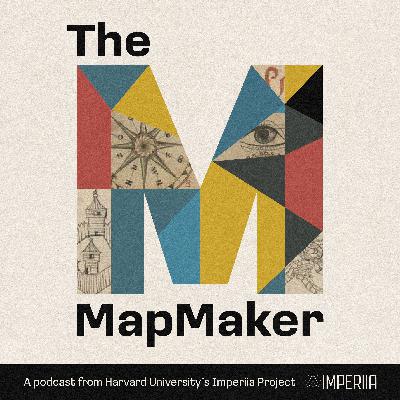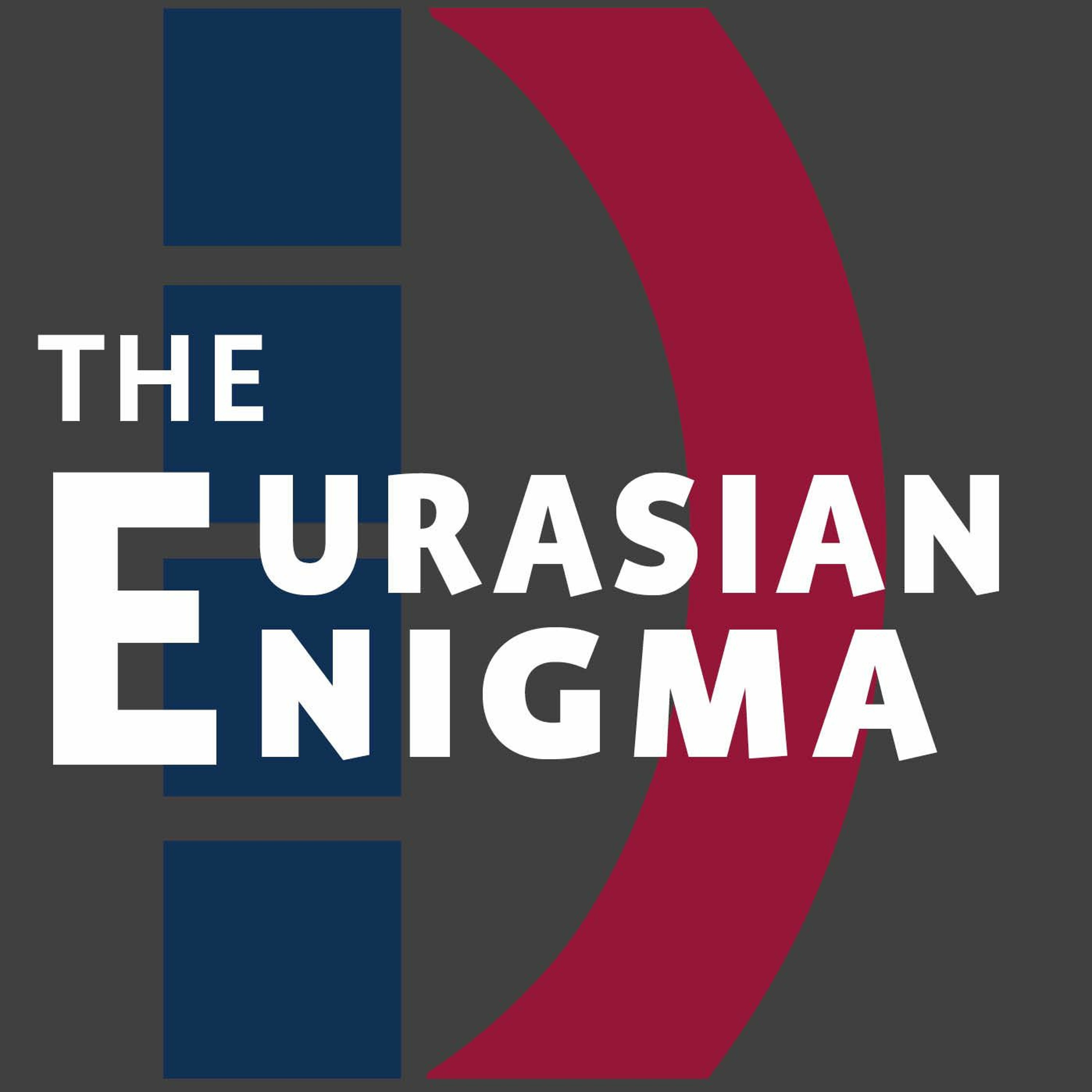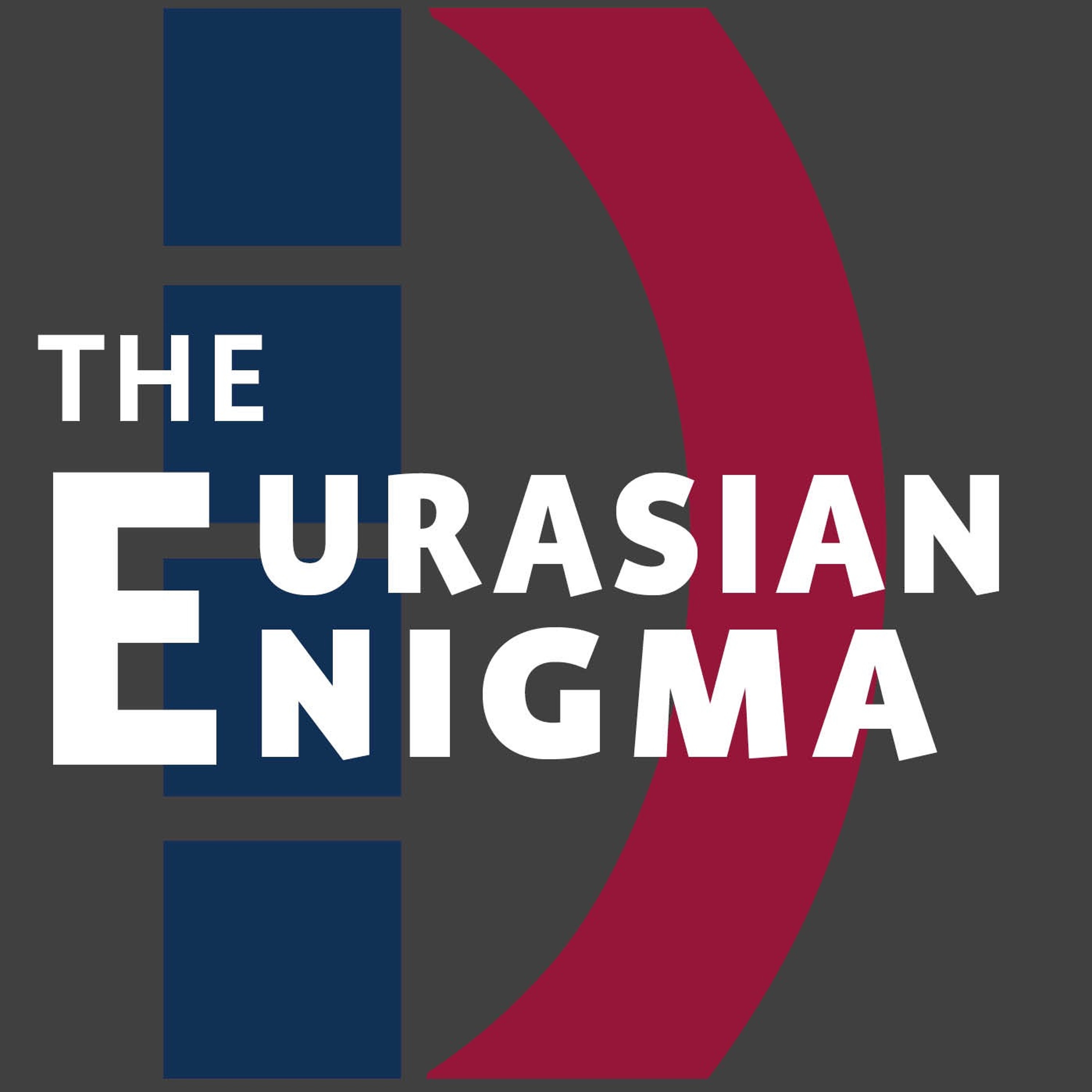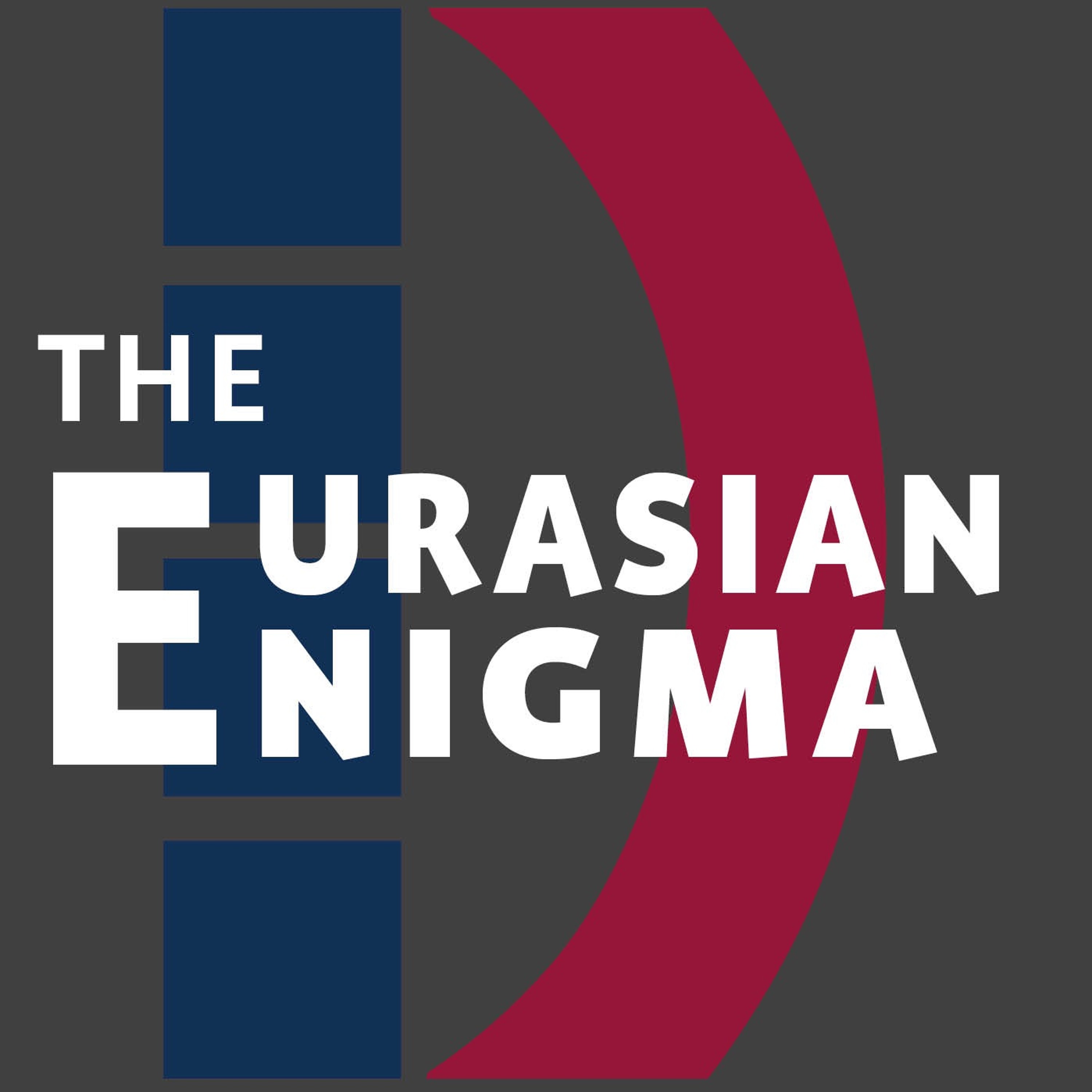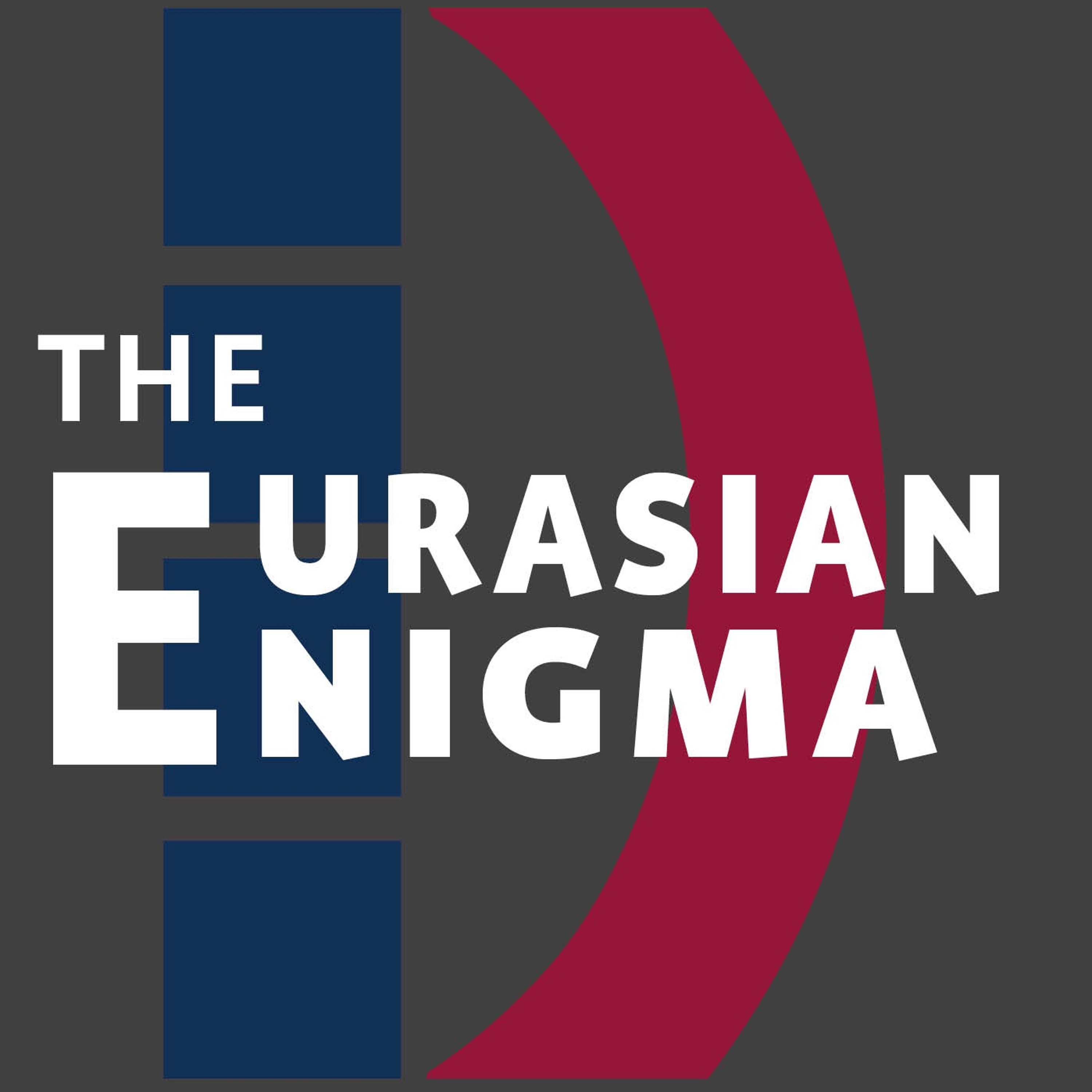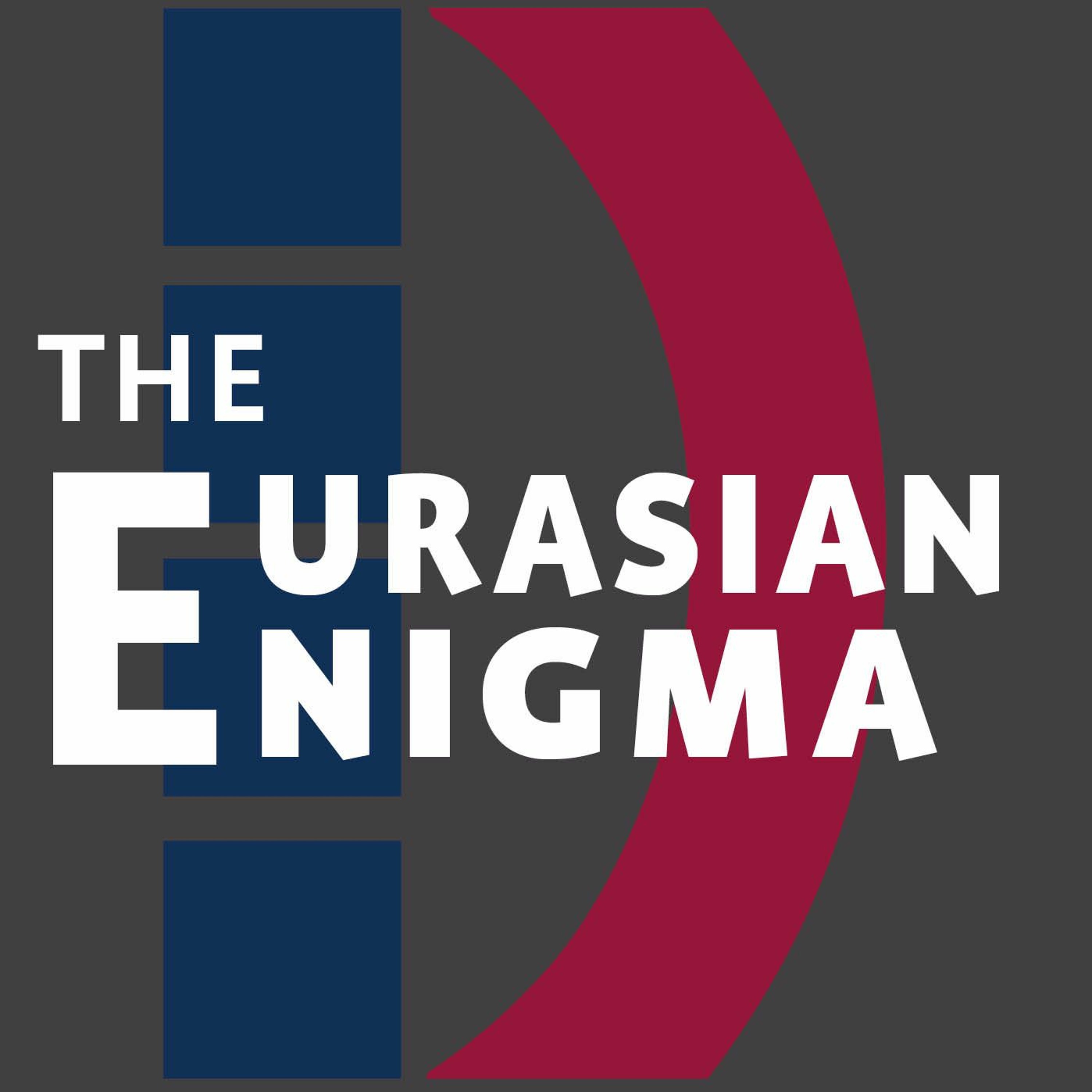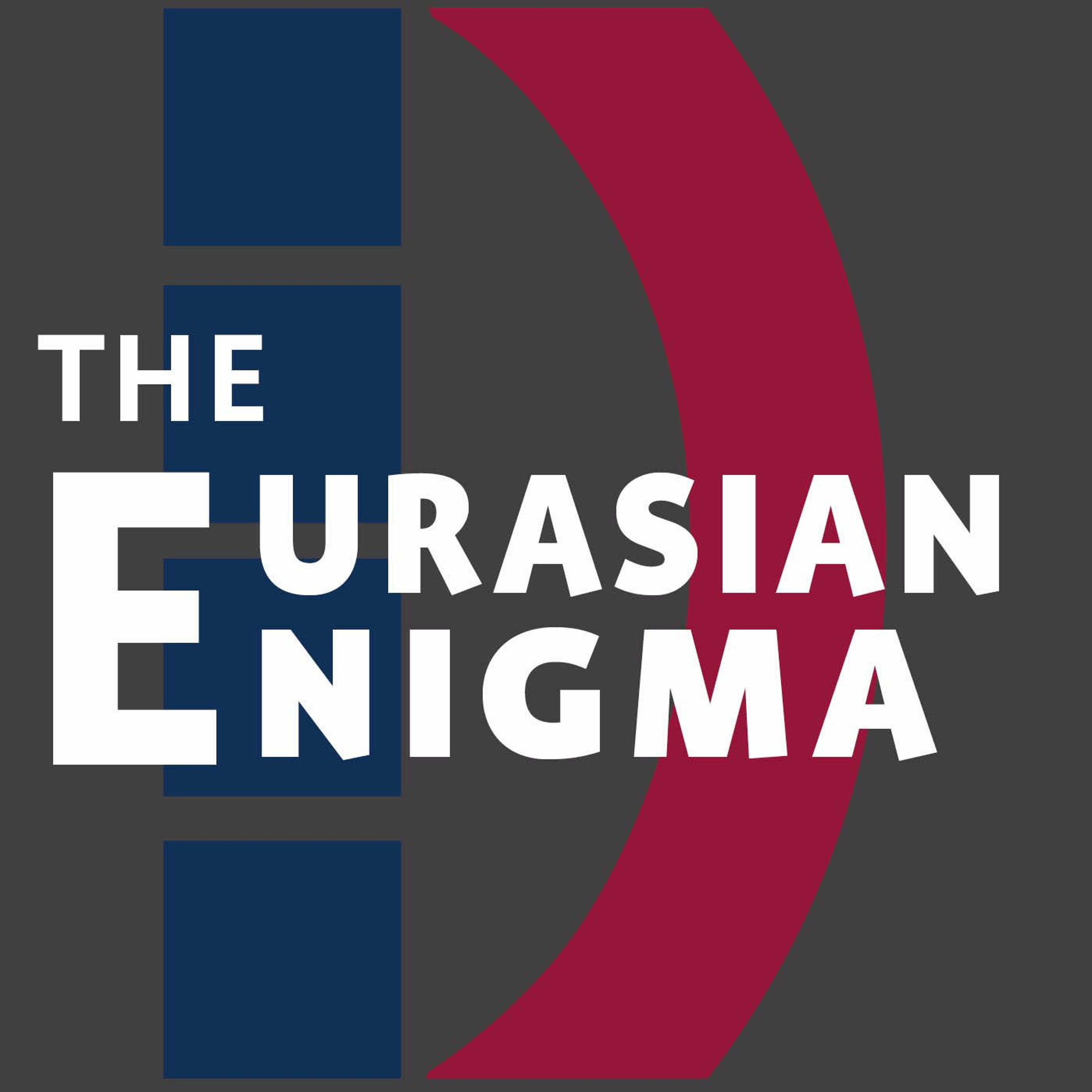Discover The Davis Center at Harvard University
The Davis Center at Harvard University

The Davis Center at Harvard University
Author: The Davis Center
Subscribed: 49Played: 254Subscribe
Share
© All rights reserved
Description
The Kathryn W. and Shelby Cullom Davis Center for Russian and Eurasian Studies at Harvard University seeks to foster comprehensive understanding and multidisciplinary study of Russia and the countries of Eurasia. Founded in 1948 as the Russian Research Center, the Davis Center sponsors a master's program, seminars and conferences, targeted research, fellowships, undergraduate and graduate student support, and an outreach program. The center's more than 300 affiliates come from Harvard University, the greater Boston area, and around the world.
34 Episodes
Reverse
Dr. Kelly O'Neill sits down with Anastasiia Pereverten and Markus Vaher to learn more about the cascading effects of the war waged in the Black Sea that is reshaping the way we think about regionalism and international law.
As we approach the third year of the war in Ukraine, the ripples from the conflict go deeper and further into the fabric of international relations. This seminar brings together three scholars from Japan to analyze the war’s impact and meaning outside Eastern Europe. Their expertise includes not only Russia but the Middle East and Northeast Asia. Issues to be addressed include Japan’s policies, historical contexts, borderlands, energy security, and China’s perspective on the war.
Former Deputy Assistant Secretary of State and U.S. Ambassador to Uzbekistan and Kazakhstan George Krol will discuss the development of relations between the United States and the Central Asian states from the inception of diplomatic relations in 1992 to the present time. Drawing on personal experiences and insights gained from his 36 years as a career diplomat, Krol will describe the American and Central Asian politics and personalities that have influenced relations from the collapse of the Soviet Union through the war in Afghanistan to the current conflict between Russia and Ukraine and China’s emergence as a dominant player in the region.
Dr. Kelly O'Neill recounts the convoluted events of the so-called Watermelon Rebellion, a little-known episode in Russian imperial history full of intrigue, deception, espionage, personal animosities, and… watermelons.
REECA alumna Jackie Erlon-Baurjan talks with Kelly about water: about how it was conceptualized and managed on the Kazakh steppe in the 19th century, and about how it (or the lack of it) shaped her own family's traditions near the Altai Mountains.
Graduate student Valerie Browne shares her research into the history of Crimean place names. She explains how Stalin attempted to remake the map after World War II and how Wikipedia allowed her to reconstruct the stories of lost, forgotten, and renamed villages.
Lily and Kelly discuss an enterprising official of the East India Company and how he turned a dusty old Russian military map into a game-changing weapon for the British Army.
Lily and Kelly dig into what it was like to live in Crimea as a subject of the Russian Empire. They explore power-relations, the survival of local practices, imperial ideology, and yes, the art of map-listening.
In our first episode, Dr. O'Neill goes to the Harvard Map Collection with high-school student Lily Grodzins to investigate a map of Crimea produced in 1855 and dedicated to Queen Victoria. What they find is a map bigger than most kitchen tables, riddled with misinformation, and full of everything from mountains to mud volcanos. Who made the map? And where do the British fit in? Join us to find out!
The signatories of the Belavezha agreement believe it should serve as a consensus model for the world—an example of diplomacy, civil discourse, and nonviolent means of conflict resolution. The events at Belavezha are among the most momentous in modern history. But, unlike the fall of the Berlin Wall, most people have never heard of them. In the conclusion of How to Kill a Superpower, Dr. Yelena Biberman and Zachary Troyanovsky consider why this is the case and what term effectively describes what happened. For a transcript of this episode and more, visit https://daviscenter.fas.harvard.edu/insights/how-to-kill-a-superpower
Boris Yeltsin’s trip to a supermarket in Clear Lake, Texas, planted a seed of the USSR’s destruction. The United States won the Cold War with free-market capitalism—and Jell-O pudding pops. Still, astoundingly, the collapse of the USSR was not what the U.S. government wanted. In this episode, Dr. Yelena Biberman and Zachary Troyanovsky evaluate the Cold War confrontational narrative and offer a new perspective on how the USSR dissolved. For a transcript of this episode and more, visit https://daviscenter.fas.harvard.edu/insights/how-to-kill-a-superpower
Dr. Yelena Biberman and Zachary Troyanovsky explore the role of spontaneity at Belavezha, narrowing in on the exact moment of dissolution: a dinner party. The seating arrangement, a late arrival, and the sequence of phone calls all influenced the outcome. Did vodka? For a transcript of this episode and more, visit https://daviscenter.fas.harvard.edu/insights/how-to-kill-a-superpower
How much agency did the signatories of the Belavezha Accords have? Factors outside of their control shaped their behavior in ways that even they could not have predicted. In this episode, Dr. Yelena Biberman and Zachary Troyanovsky seek wisdom from Fyodor Dostoevsky and Leo Tolstoy to understand the dissolution of the USSR, as well as their own unusual life stories. For a transcript of this episode and more, visit https://daviscenter.fas.harvard.edu/insights/how-to-kill-a-superpower
The Soviet Union drew its last breath on Sunday, December 8, 1991, in a hunting lodge inside the primeval Belavezha forest. The life of a global superpower—offering the last ideological alternative to liberalism—ended over a boisterous weekend. Many believe that it was doomed because of flawed ideals, but few know the story of the Belavezha Accords. In this premiere episode of How to Kill a Superpower, Dr. Yelena Biberman and Zachary Troyanovsky begin unearthing the haunting legacy of the USSR’s dissolution while piecing together what happened at that hunting lodge. For a transcript of this episode and more, visit https://daviscenter.fas.harvard.edu/insights/how-to-kill-a-superpower
Episode 20: The Collapse of the USSR by The Davis Center
Anna Veduta of the independent media outlet Meduza discusses the challenges of journalism in Russia and the media landscape surrounding the recent Russian presidential election.
In this episode, we talk with Anne Applebaum about her new book, Red Famine. Applebaum argues that the 1932–1933 famine in the Soviet Union was part of a deliberate operation by Stalin to rid the USSR of Ukrainians who resisted the Bolsheviks and their policy of agricultural collectivization.
Mikhail Gorbachev, revered by many in the West for his commitment to “openness” and democratizing reforms, has a more mixed reputation in Russia, where he is associated with the fall of an empire. In this episode, Bill Taubman discusses his new biography of Gorbachev, emphasizing how the leader's personal history and character were reflected in his leadership, and how the policies of Vladimir Putin can be read as a response to Gorbachev’s contested legacy.
Politics increasingly pervades our everyday lives, including our entertainment and pop culture. The Eurovision Song Contest was created in 1956 as an opportunity to bring nations and people together in an expressly non-political fashion—through song. Now, 60 years later, Eurovision is often used as a specific political tool. James Evans and Yuval Weber discuss the history of the song contest and how it has been used as a political tool to reignite recent conflagration between Ukraine and Russia.
Two decades after immigrating from Kiev to Chicago, Julia Alekseyeva found her great-grandmother’s hidden memoirs of a life spanning the Soviet 20th century. With input from comics scholar Hillary Chute, she turned a lifetime of secrets into a work of art.


